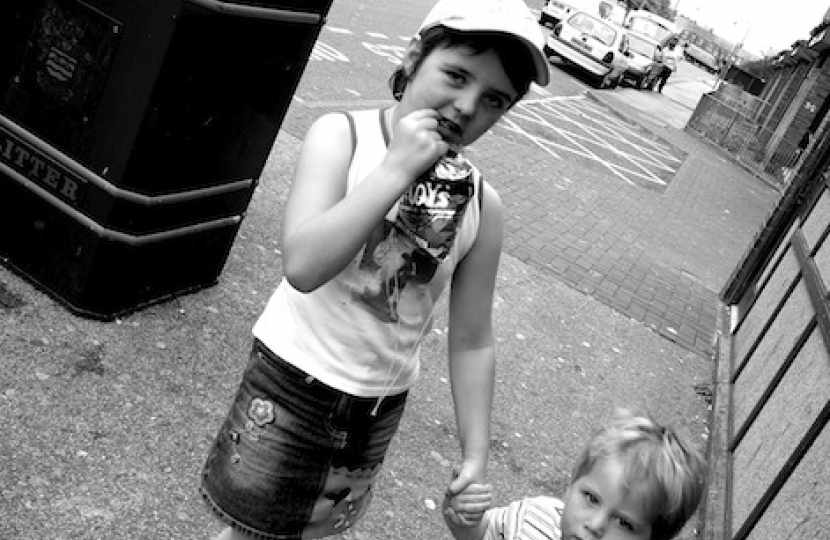
Anti-social behaviour is a broad term used to describe the day-to-day incidents of crime, nuisance and disorder that make many people’s lives a misery – from litter and vandalism, to public drunkenness or aggressive dogs, to noisy or abusive neighbours.
This Conservative Government has scrapped Labour’s failed ASBOs and instead replaced them with newer, more effective powers. It has also introduced a community trigger to allow communities to demand that action be taken against anti-social behaviour and given victims a say over the punishment dealt to the perpetrators of anti-social behaviour. All of this has enabled PCCs to cut police recorded incidents of anti-social behaviour by an average of 10 per cent in their areas.
We want to help communities live free from the blight of anti-social behaviour, so people can go about their lives in peace and security and our communities can enjoy a safer and better future.
Tackling antisocial behaviour:
- This Government has scrapped Labour’s failed ASBOs. Anti-social behaviour orders failed to protect our communities because they did not stop perpetrators committing more anti-social behaviour. Between 2000 and 2010 more than half (56.5 per cent) of ASBOs were breached. And almost half (42 per cent) were breached more than once. Read more here.
- This Government has replaced them with faster, more effective powers. We have given police, local authorities and others simpler and more effective powers so they can protect communities by responding to anti-social behaviour more quickly. We replaced a confusing array of 19 powers with six new effective powers. Read more here.
- This Government has introduced a new community trigger so that communities can demand action. When people go to the police or local authority, it should be dealt with. But because different bodies – police forces, local authorities, social landlords – deal with anti-social behaviour, some victims fell through the gaps. This meant some people would report anti-social behaviour time and time again and nothing would be done. So from October 2014, a new community trigger means that if someone reports anti-social behaviour a number of times and nothing happens, they can use the community trigger to demand action. Local PCCs must be consulted on this. Read more here.
- This Government has introduced a new community remedy to give victims a say over punishments given to the perpetrators of anti-social behaviour. Victims deserve a say over what punishment perpetrators of anti-social behaviour or low-level crime receive. The community remedy lets victims choose from a menu of options including paying for damage, repairing damage or doing unpaid work in the community. Police and Crime Commissioners have consulted their local communities in drawing up a list of sanctions that can be used by officers when using a conditional caution or community resolution. Read more here.
- This Government has given communities more powers to tackle alcohol fuelled crime and disorder. This Government has given licensing authorities the power to restrict the sale of alcohol in the whole or a part of their areas between midnight and 6am on all or some days. It has also introduced a late night levy to allow local authorities that choose to adopt it to charge for late night licences to pay for the cost of extra policing. At least 70 per cent of the levy will go directly to the police, with the remainder retained by the local authority. Local areas will also decide which of the available categories of exemptions and reductions will apply. Read more here.
Local successes:
- Conservative PCCs have reduced police recorded anti-social behaviour by an average of over 10 per cent in 2 years. Incidents of antisocial behaviour recorded by the police have fallen by an average of 11.1 per cent from 2012/13 to 2014/15 in areas with a Conservative PCC. Read more here.